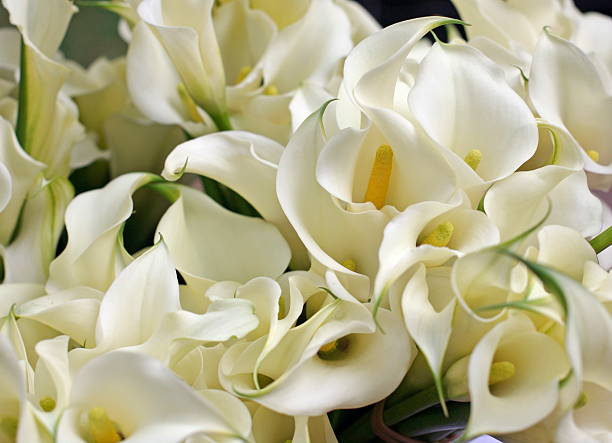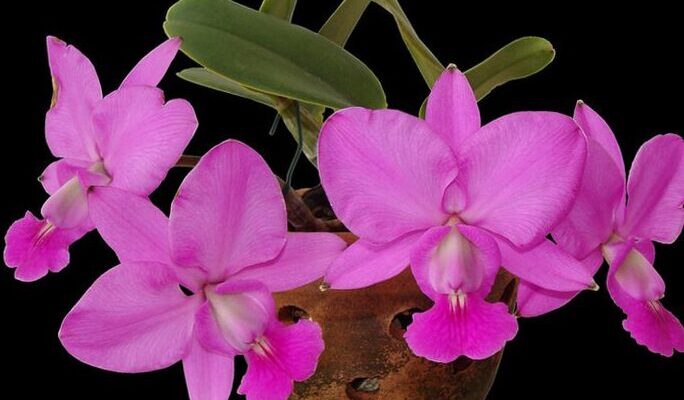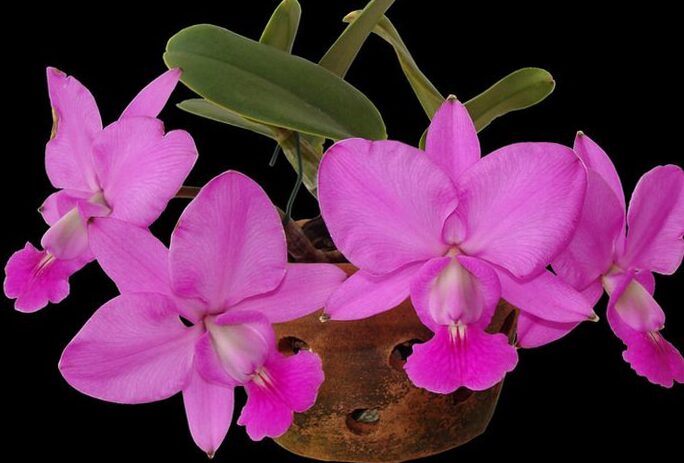141
The name of the genre is a tribute to Lord William Cattley (1788-1835), English engineer and horticulturist, a pioneer in the cultivation of exotic orchids in Europe and patron of the botanist John Lindley, who with his help, in 1818, discovered the first «Cattleya».
He was in one of his greenhouses in which the «Cattleya Labiata» Lindl., Type Variety (original North -East plan of Brazil), flourished for the first time on that continent.
Scientific name: Cattleya Walkeriana
Popular names: Cityaa Gardner's guardian
Family: Orchid
Category: flowers, orchids
Climate: Tropical
Origen: South America, Brazil
Height: From 0.1 to 0.3 meters
Incandescent: Widespread light, partial shadow.
Vital cycle: Perennial plants
Information on the Orchid Cattleya Walkeriana
A Orchid by Cattleya Walkeriana He is of Brazilian origin and was discovered by the biologist George Gardner, but his name is in honor of Edward Walker, who accompanied the biologist in his two years of research in Brazil.
He was found in the branch of a tree on the banks of a tributary of the San Francisco river, in the state of Minas Gerais, but is also found in the States of Goiás, Mato Grosso and San Paolo, in places near Lagos, Arroyos and Ríos.
Its main feature is the smell that recalls cinnamon and its very bright colors.
There are different types of colors such as lilac, white, white with lilac, among others. Its flowers are larger than those of other cattanes and can decorate the house between April and June.
Cattleya is a genre belonging to the Orchidaceae family, made up of about 120 species.
And not only is it known as the «Queen of Orchids».
- Since its maximum flowering is May, this plant is also known in some regions of Brazil as «Flor de las Noviias», «Flor De María», «Flor de Las Mother», «Flor del Winter», among others.
- It is a magnificent plant made up of a robust creeping rhizome and thick roots covered by a canopy fabric. '
- It presents fusiforms of pseudobulbos, with dimensions that can reach 10 cm in diameter. These bulbs are smooth when they are young, over time they become furrowed (rough).
- They are usually single -sided, there are rare cases of bipolitan bulbs.
- The leaves have an elliptical or rounded shape, they are thick, vigorous and leather, reaching 12 cm in length.
- The inflorescence is precious. From the base of the pseudobulbos, the short floral stems emerge 8 cm long, which normally contain 2 or 3 flowers with a diameter that varies between 8 and 12 cm.
- The petals are wider than sepals and the lip is trilobinated with an exposure to the column.
Cultiva de Cattleya Walkeriana Gardner
It can be grown on wooden stumps with thick cortex, preferably in hard woods (peroba, cinnamon), with or without bark, cork.
Easy to cultivate on living trees, such as Dracaena, Naranjo, which Mulungu and Cork, among others.
In wooden boxes, suitable for orchids, use a substrate composed of equal parts of pine bark, coal and shattered stone.
If cultivated in a pot, leave a good layer of draining gravel before positioning the substrate, since it will not support the flooded roots.
The vases must be small and shallow (shallow), therefore they must contain not very substrate for rapid drainage.
Cattleyas are the most cultivated plants by orchid growers all over the world.
And there are some reasons for this:
- The large size of the flowers;
- The fantastic combinations of colors of their flowers;
- The rounded form of its flowers;
- The fascinating aroma of most species;
- Ease of culture.
Vases suitable for Waltheya and irrigation methods.
- Among the most used vessels there are terracotta (with or without lateral holes) and wooden boxes.
- In both cases there is a constant loss of water in the environment, which is very healthy for Cattleya, but requires attention against drying and dehydration.
- To break with the dry atmosphere of your home, it is necessary to place the pot on a plate with water and pebbles, a structure that will help to maintain humidity in the substrate without immersing the roots.
- Since the orchids usually die due to the lack of irrigation – and not because of the excess of water, as many people think – make sure that the entire substrate receives water.
- A simple way to wet yours Cattle orchid That is, in a clay saucepan consists in immersing it in a bucket with water and leaving it half an hour, and then draining it.
- If the plant is well rooted, in a warm and dry climate, repeat the operation every two or three days.
- Depending on the circumstances, this interval can be extended for several days.
- If your orchid is planted in a tree, spray it every day.
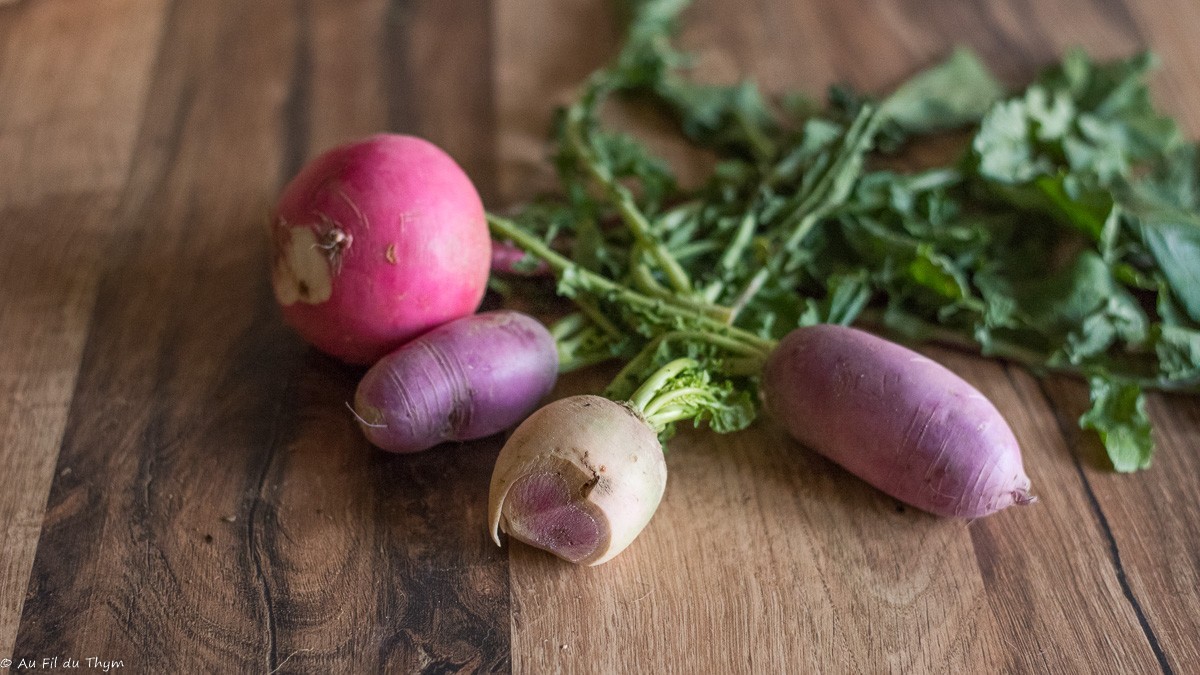
How to cook winter radishes?
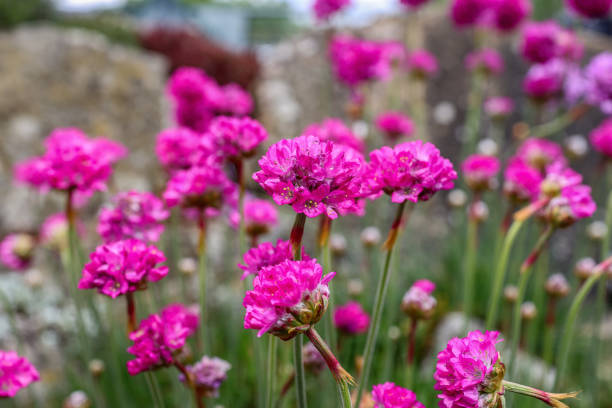
FLOWER CLOVE-MARITIMA ARMERIA: Cultivation and care
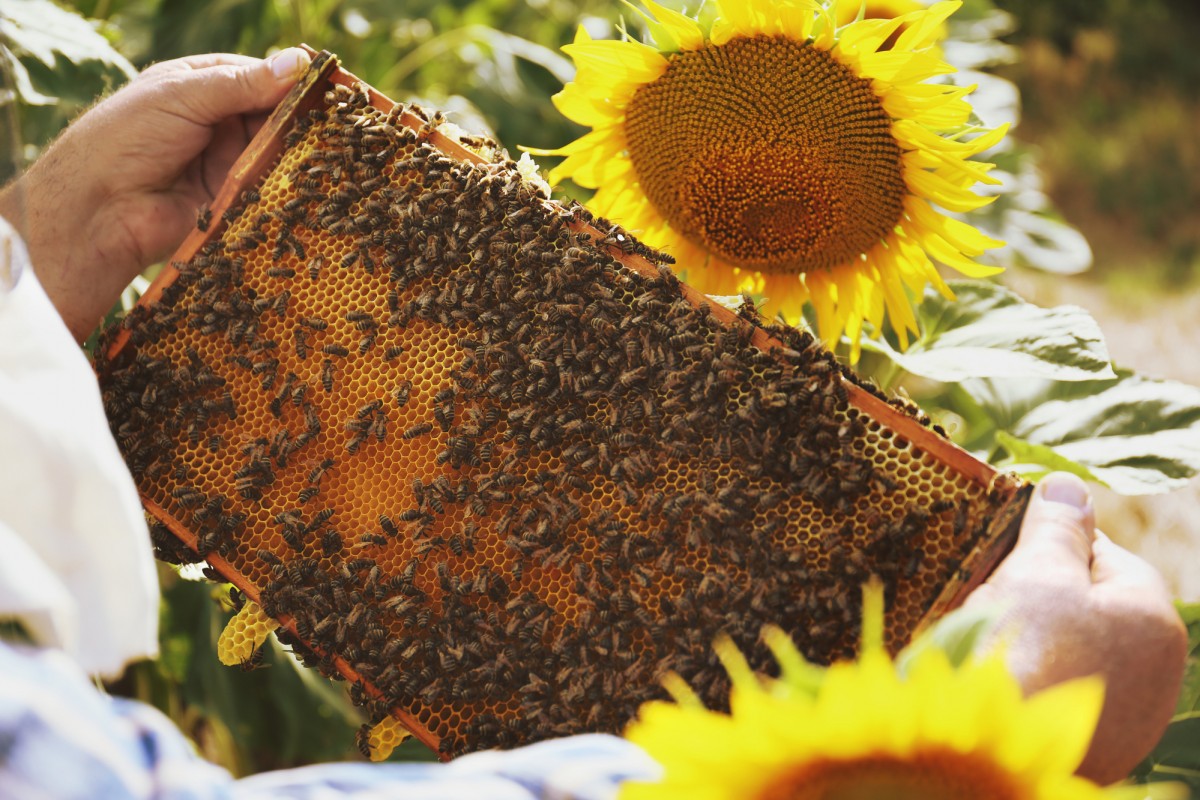
The importance of bees for pollination
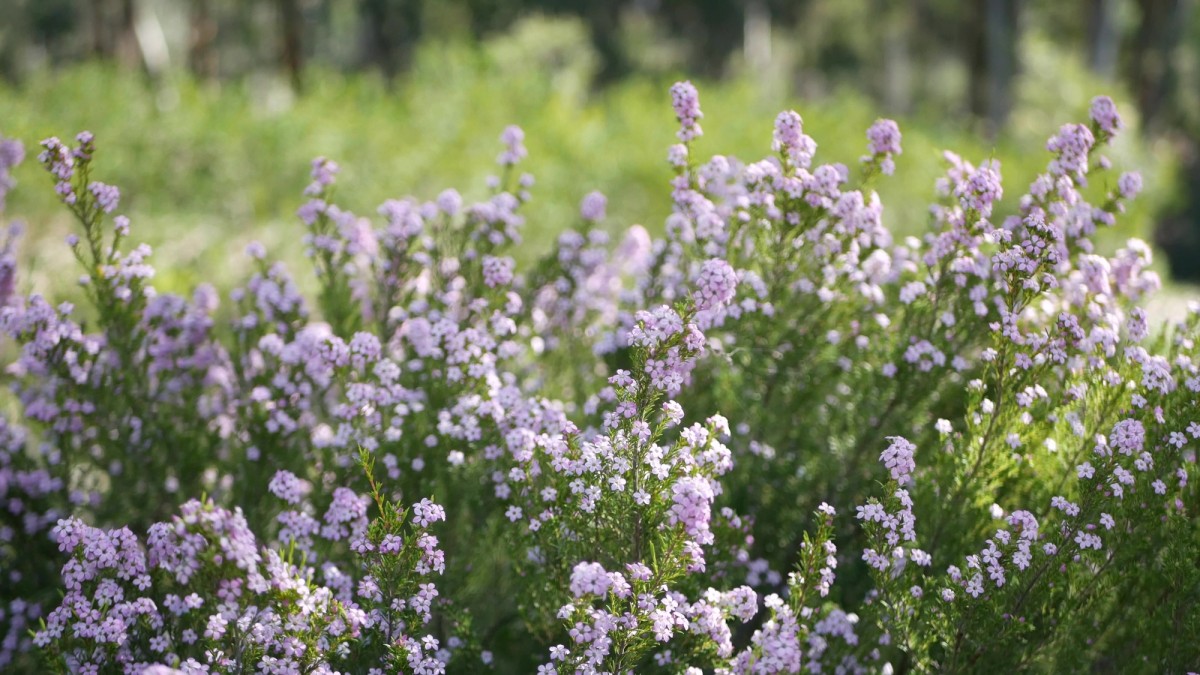
The final guide on how to plant, take care and discover the origin of Coleonema

The wisdom of the garden: the influence of popular proverbs on the plantation and the care of natural flowers

Let's discover the rose and its secrets: the May plant

Friar Kiss – Balsamin Family
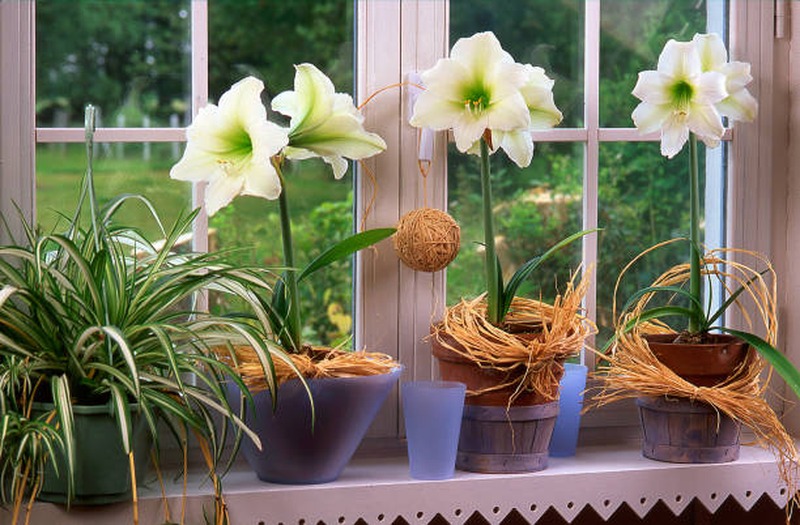
Amarilis – Learn to take care (Hippeastrum Hybridum)
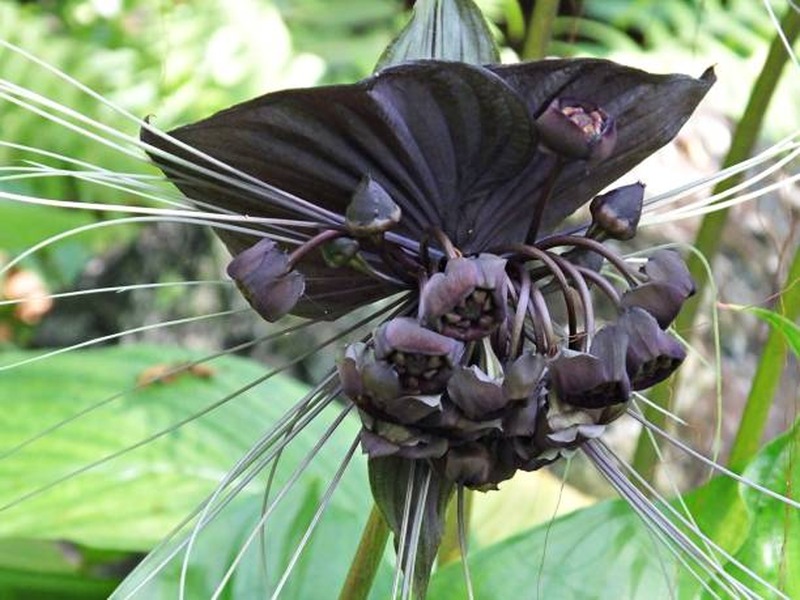
CHANTRIERI NOC – The bat flower has flowers resemble the bats
